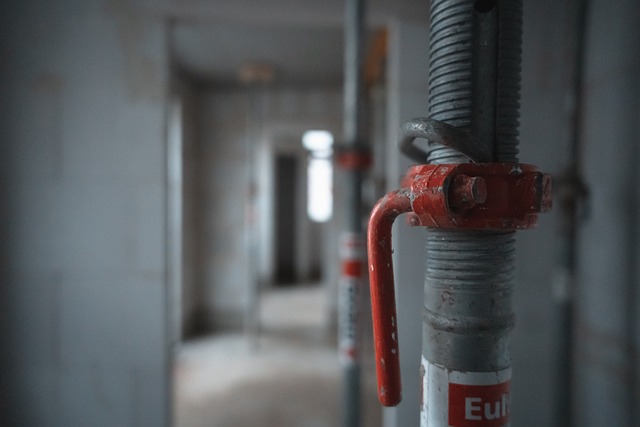Navigating construction phases in real estate demands meticulous coordination and communication. Each stage, from design to final handover, presents unique challenges. Contractors play a vital role, requiring strategic onboarding with detailed contracts, resources, and training for open collaboration. Effective contractor management through regular site visits and communication ensures quality, adherence to timelines, and successful project outcomes in the dynamic real estate sector.
In the dynamic realm of real estate, effectively managing contractors is key to project success. Understanding the nuances of construction phases empowers efficient stewardship. This article guides you through the essential steps, from comprehending construction stages in real estate to onboarding and establishing contractual agreements. Moreover, it highlights the critical importance of continuous performance monitoring and communication strategies throughout each phase, ensuring seamless project execution.
Understand Construction Phases in Real Estate

In the dynamic realm of real estate, understanding construction phases is paramount for effective project management and successful outcomes. The process typically involves several distinct stages, each with its unique challenges and requirements. From initial planning and design to groundbreaking, construction, and finally, handover, every phase demands meticulous coordination and communication.
Contractors play a pivotal role across these phases, contributing specialized skills and expertise. To manage them efficiently, real estate professionals must grasp the specific tasks, timelines, and deliverables associated with each stage. This knowledge enables informed decision-making, ensuring contractors are allocated appropriately, resources are optimized, and projects stay on track, ultimately driving successful real estate ventures.
Onboarding and Contractual Agreements

Onboarding new contractors involves a meticulous process, especially in the dynamic landscape of real estate construction. Before any hammer strikes or concrete sets, ensure that all parties are aligned through comprehensive contractual agreements. This includes clearly defining roles, timelines, and payment structures to set expectations from the outset. By establishing these parameters, you create a solid foundation for successful collaboration throughout each project phase, from initial planning to final inspections.
Effective onboarding also involves providing contractors with necessary resources, training, and access to relevant project information. Keeping open lines of communication fosters transparency and ensures everyone is working towards the same goals, promoting efficiency and quality in every aspect of construction.
Monitor Performance and Communication Throughout Each Phase

Effective management of contractors is pivotal in the success of any construction project, especially within the dynamic landscape of real estate. As projects evolve through various phases, from planning to completion, continuous monitoring of contractor performance becomes indispensable. This involves regular site visits to assess work quality and adherence to timelines, ensuring that deliverables meet expected standards.
Open lines of communication are key. Regular meetings with contractors, clarifications on tasks, and prompt addressing of any challenges or concerns foster a collaborative environment. This seamless interaction not only facilitates timely problem-solving but also ensures that everyone is aligned with the project’s vision and goals, leading to a successful outcome in the real estate sector.






